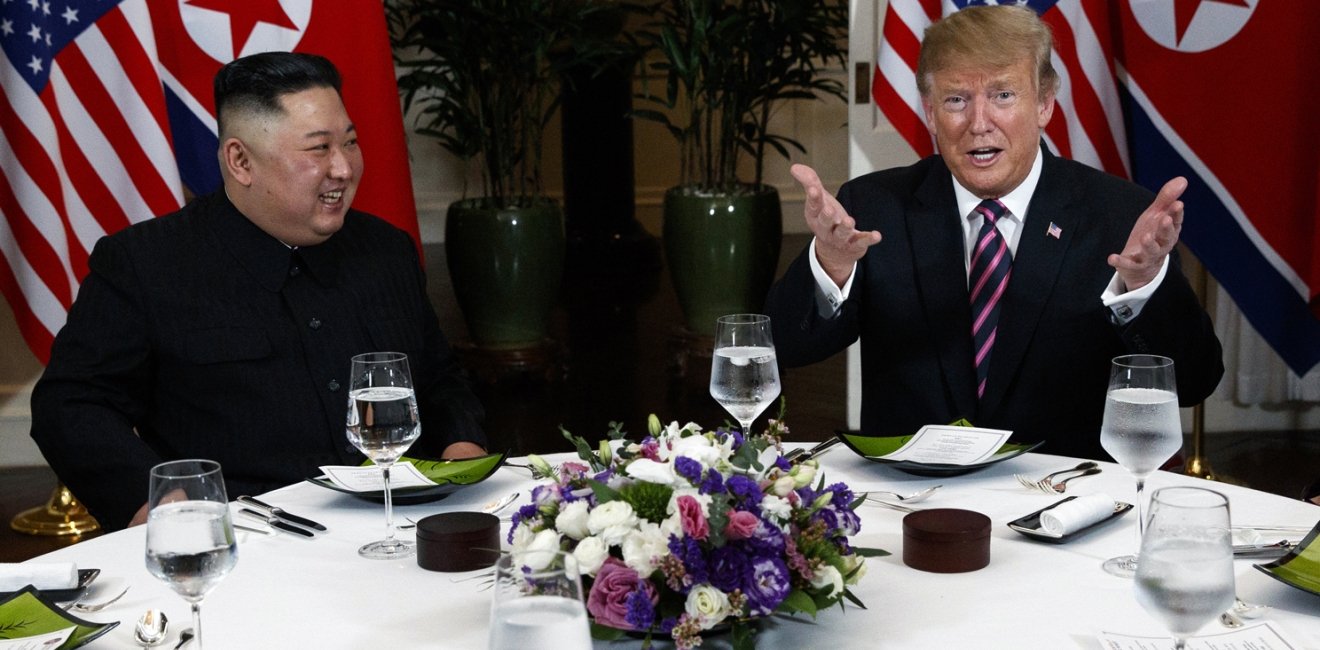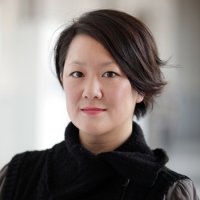What’s unfolding in Hanoi is as dumbfounding as it was in Singapore: the president of the United States sitting down for steak and kimchi with the leader of an enemy state and calling him “my friend.”
There are two ways to look at this: as grand theater designed to give these two leaders the drama and legitimacy they crave, or a historic moment with the potential to transform the long-fractured U.S.-North Korean relationship.
Actually, they are both. The summit gives President Donald Trump a chance to distract us from the dirt his former lawyer Michael Cohen is expected to dish out this week in Washington and grants the young, ambitious North Korean leader Kim Jong Un further legitimacy as a statesman.
But push the theater aside and if all goes well, they could emerge with a path and a plan for resolving a standoff that underpins the tensions that have shaped geopolitics in Northeast Asia for seven decades.
Much of the success of this summit will hinge on how much progress negotiators made in the days before their leaders’ arrival, and whether the leaders stick to their aides’ guidance. Was Steve Biegun and his team able to nail Kim Hyok Chol and the North Koreans down on precisely which elements of Pyongyang’s nuclear program they are willing to relinquish in exchange for diplomatic, military, political and economic concessions? And will Trump and Kim respect their hard work?
Granting Kim Jong Un a second international platform to sit down with a U.S. president is already a major concession, given his country’s pariah state. The United States must get more than vague promises and cosmetic gestures if we truly are heading toward denuclearization and a safer, more peaceful future for the Korean Peninsula.
Kim’s objective will be to hold onto his nuclear assets for as long as he can, giving up elements piecemeal in exchange for concessions, all the while claiming to be a champion of denuclearization. That’s understandable: nuclear weapons are his main bargaining chip, and Washington should be prepared to reward concrete moves toward dismantling and disabling this program. The more explicitly these steps are laid out, the better.
I believe Kim does want a changed relationship with the United States, and to improve his country’s shattered economy. But we need to remember that he sacrificed his people’s well-being, making decisions that deprived them of food, clean water, electricity, heat and medicine, in order to build nuclear weapons. He won’t be willing to give his weapons up readily, and may be prepared to sacrifice his people again if things don’t go his way. North Korea has a history of blaming the United States for backtracking on promises (and some of their complaints are valid) and using those perceived transgressions as an excuse to revert to provocation.
It’s easy to get wrapped up in the fanfare and propaganda. But as the summit gets under way, it’s important to remember that this is not a celebration but a negotiation, and that it will be tough one no matter how strong their “special relationship.” Drama aside, these leaders are under pressure to produce a plan to transform one of the most intransigent standoffs of the modern era if it is to be deemed a success.







